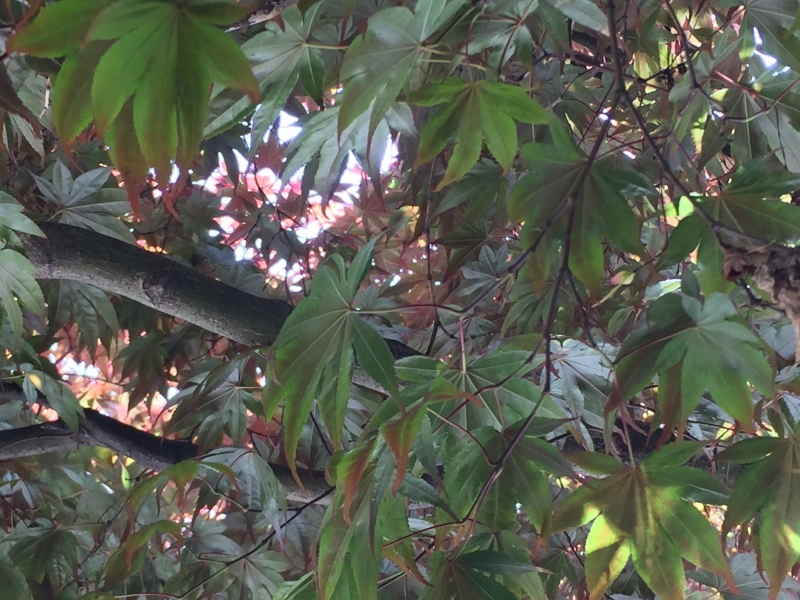
I can get very stressed and have strong emotional responses to situations. Over the years, many people have suggested that I meditate or do yoga – neither of which appeals to me. So, I was pleased to come across the work of Ellen Langer, a social psychologist and professor at Harvard University. Her research shows how to be mindful without meditating.

Here are four take-aways from watching her video (below):
- Notice new things. When you do, whether it be about a person, a place you’ve walked before, or whatever you put your attention to, is mindfulness. Intentionally noticing new things is being in the present.
- Make what you are doing new in some way. Bring your style, perspective, interpretation to it. Even subtly. When musicians in an orchestra were asked to play their part, something they do over-and-over again, in a subtly new way, both the musician and the listener enjoyed the piece much more.
- Words and perspective matter. For example, instead of thinking of vacuuming as a chore, think of it as a chance to get exercise. Or, instead of thinking of your friend as “gullible,” think of him as “trusting.” When you change words, you change perspective and you get a change in mindset.
- The mind and body are one. Placebos work because of the mind-body connection. Her video has a lot of cool examples of how our mindset effects our health.

I’ve started noticing new things walks with my dogs. One of the things I’ve noticed is how different each tree is from another. They’ve got their own fingerprint. I enjoy the exercise of noticing new things and it certainly get me to be in the moment. And more relaxed.
If you decide to try some of these lessons, feel free to let me know how it goes.
(Profession Website: http://www.BethLevineCounseling.com)





